Juda Huay Kuch Is Tarah Drama Review: Juda Huay Kuch Is Tarah (JHKIT), a Pakistani drama produced by Momina Duraid Productions, aired with a promising premise – a gripping love story penned by acclaimed writer Khalil-ur-Rehman Qamar. However, the drama quickly became embroiled in controversy due to a central plot twist that many viewers found deeply disturbing. This review delves into the strengths and weaknesses of JHKIT, acknowledging its captivating elements while critically examining the problematic aspects that overshadowed the narrative.
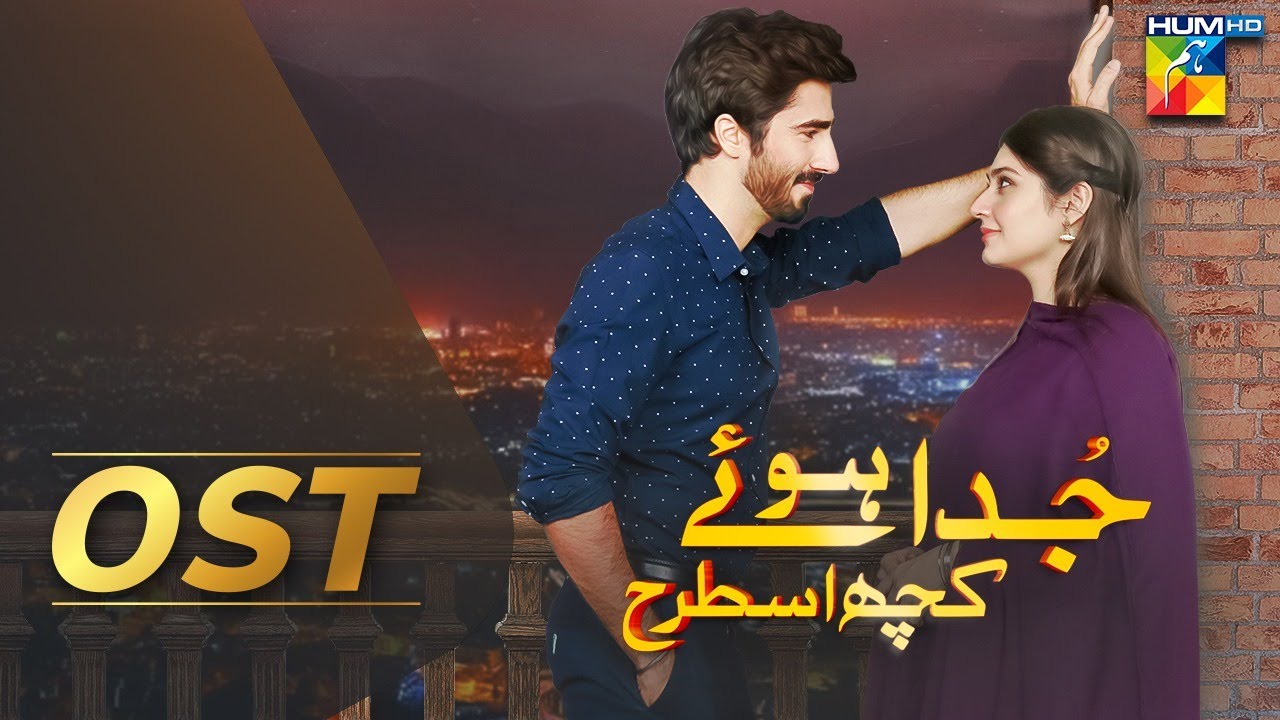
Strengths: Performances and Production Value
The serial boasts a talented cast, with Dur-e-Fishan Saleem as the intelligent Maha and Nabeel Zuberi as the brooding Aswad delivering strong performances. The supporting cast, including seasoned actors like Hassan Khan and Sabeena Syed, adds depth and experience. Director Waheb Jafri creates a visually appealing experience with well-shot scenes and a captivating soundtrack.
A Twisted Tale of Love and Duty
The initial episodes paint a picture of a forbidden love story. Maha, raised by her aunt Khadija (Aswad’s mother), is unaware of their blood relation. Aswad, drawn to Maha’s fiery spirit, finds himself caught between his burgeoning feelings and the duty to fulfill his deceased aunt’s wish – marrying Maha. This creates a compelling tension, with audiences invested in the couple’s emotional journey.
The Problematic Twist and Its Fallout
The narrative takes a sharp turn when the truth about Maha and Aswad’s blood relation is revealed. Their accidental marriage becomes a central conflict, causing immense emotional distress for both characters. The drama’s focus shifts from navigating forbidden love to grappling with the consequences of an ethically dubious situation.
Criticism and Cultural Context
This plot twist sparked outrage amongst viewers. Khalil-ur-Rehman Qamar, known for his controversial takes on societal issues, faced criticism for promoting an unhealthy and taboo narrative. While some viewers appreciated the drama’s attempt to explore complex emotions within a forbidden relationship, the majority found it exploitative and insensitive.
Beyond the Controversy: Exploring Societal Pressures
Despite the central plot’s offensiveness, JHKIT does offer a glimpse into the weight of societal pressures in Pakistani culture. The concept of filial piety and fulfilling the wishes of elders, even at a personal cost, is a recurring theme. The drama, albeit through a flawed execution, highlights the potential for such pressures to lead to devastating consequences.
A Missed Opportunity for a Thought-Provoking Narrative
JHKIT had the potential to be a powerful exploration of love, family, and societal expectations. However, the questionable plot choice overshadows the narrative’s strengths. The drama fails to strike a balance between portraying the complexities of forbidden love and the gravity of an incestuous relationship.
Juda Huay Kuch Is Tarah’s legacy extends far beyond its initial airing. The drama sparked a national conversation about responsible storytelling and the portrayal of sensitive themes. Here’s a deeper look at the drama’s lasting impact:
Fueling Public Discourse:
JHKIT’s controversy ignited public discourse on social media platforms and in newspapers. Viewers engaged in heated debates, with some finding the plot twist a violation of social norms and others defending the drama’s exploration of forbidden love. This public conversation highlighted the power of television to spark discussions about social taboos.
Khalil-ur-Rehman Qamar: A Figure of Controversy
The drama further cemented Khalil-ur-Rehman Qamar’s position as a controversial figure. Known for his provocative writing style, Qamar has a history of pushing boundaries. While some admire his willingness to tackle challenging themes, others criticize his approach as sensationalist and lacking in sensitivity. JHKIT served as a focal point for these critiques, raising questions about the responsibility writers hold when dealing with sensitive topics.
Forbidden Love in Pakistani Dramas:
JHKIT wasn’t the first Pakistani drama to explore forbidden love. Dramas like “Durre Ki Shehzadi” and “Humnasheen” have also delved into this theme. However, JHKIT’s central conflict crossed a line for many viewers. This controversy underscores the fine line Pakistani dramas tread when navigating social taboos. The need for sensitivity while exploring complex emotions remains a crucial point for creators to consider.
Censorship and Creative Freedom:
Pakistan’s censorship landscape adds another layer to the JHKIT discussion. While the drama aired without major edits, the incident raises questions about the potential for self-censorship by writers and producers to avoid controversy. Striking a balance between creative freedom and responsible storytelling remains a challenge within the Pakistani television industry.
Missed Opportunities and Lessons Learned:
JHKIT’s central plot twist overshadowed what could have been a powerful exploration of societal pressures and the complexities of love. The drama could have delved deeper into the emotional turmoil of the characters without resorting to the incestuous angle. This missed opportunity serves as a valuable lesson for future writers to prioritize responsible storytelling without compromising the narrative’s depth.
Conclusion: A Drama Tainted by Controversy
Juda Huay Kuch Is Tarah remains a controversial entry in Pakistani dramas. While the cast and production value are commendable, the central plot twist undermines the narrative’s potential. The drama serves as a cautionary tale about the importance of responsible storytelling and the need to consider the impact certain themes can have on viewers.
Share this content:

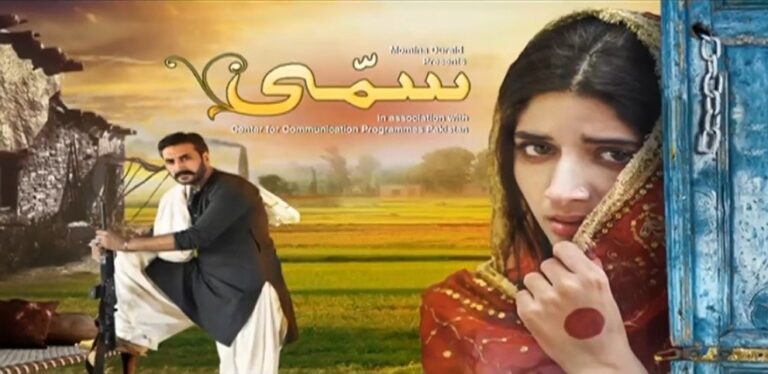
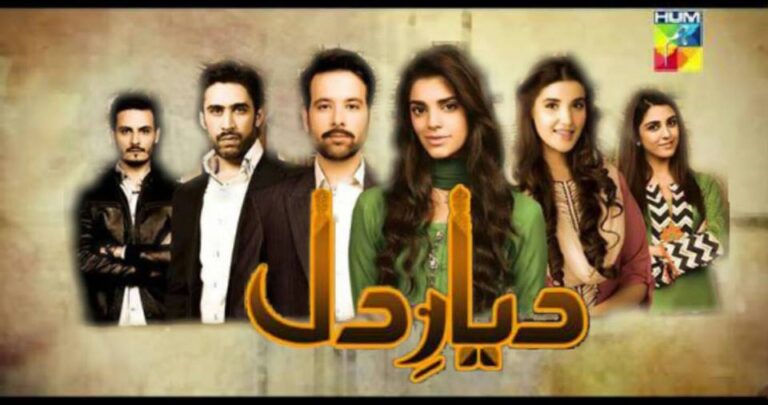








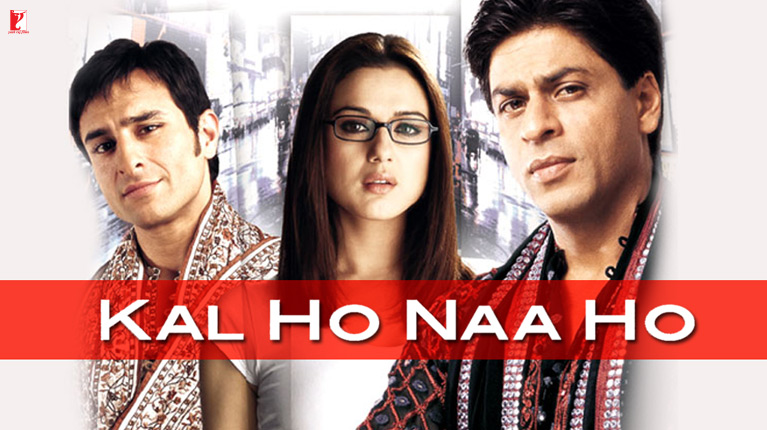
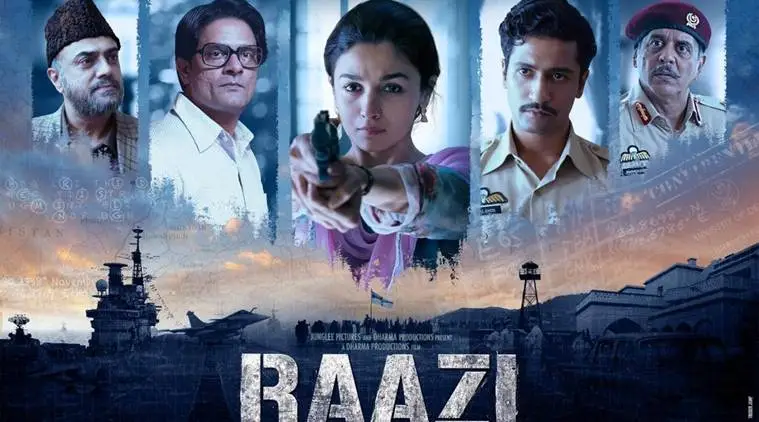
+ There are no comments
Add yours